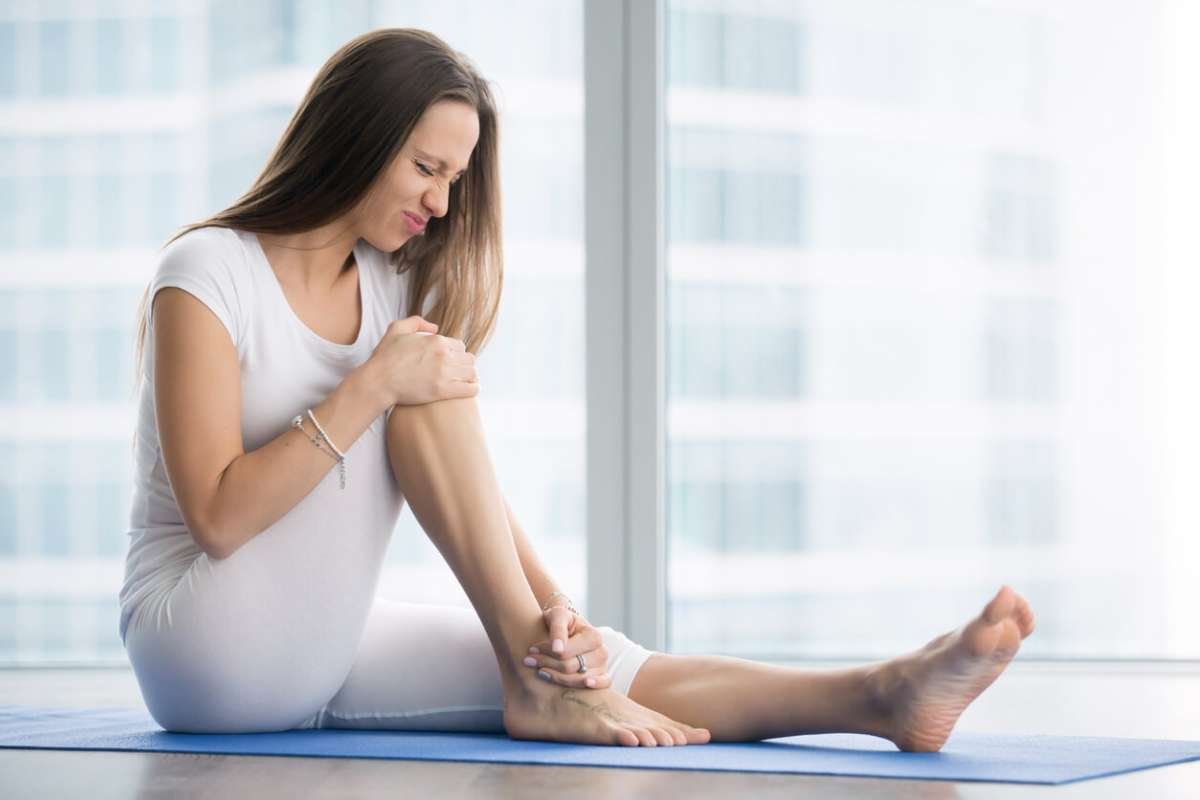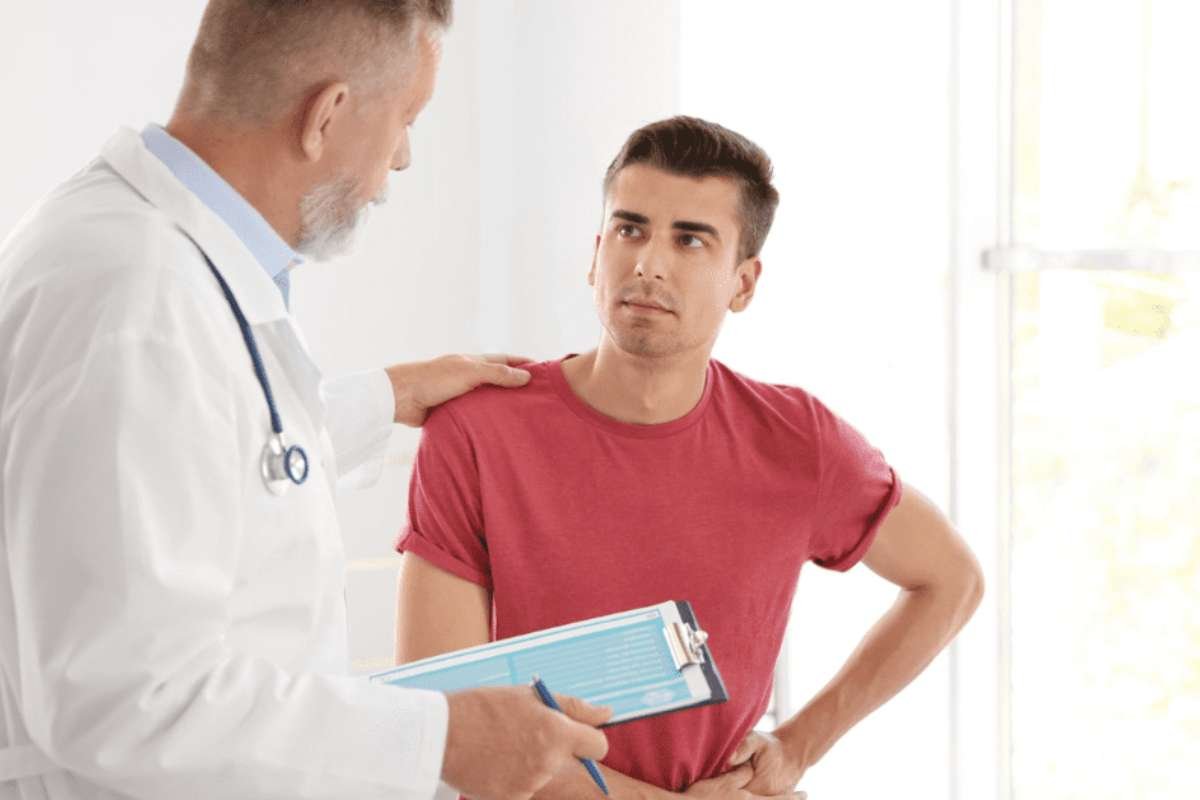What Causes Muscle Spasms and How to Stop Them Naturally

- Source: www.ainpc.com
Muscle spasms are something many people experience at some point in life. Whether it’s a sudden cramp in your leg while sleeping, a twitch in your eyelid, or a sharp pain after a workout, these spasms can be annoying, painful, and sometimes even alarming. But have you ever wondered what causes muscle spasms?
In this article, we’ll explain everything in simple, easy-to-understand language. We’ll cover what muscle spasms are, why they happen, and what you can do about them.
What Is a Muscle Spasm?
A muscle spasm is when a muscle contracts suddenly and involuntarily. This means the muscle tightens on its own, without you controlling it. It can last just a few seconds or go on for several minutes. Some spasms are mild and feel like a twitch. Others can be more painful and make it hard to move.
What Causes Muscle Spasms?
Let’s dive right into the main question: what causes muscle spasms?
Here are the most common reasons:
1. Dehydration

Tip: Always stay hydrated, especially if you’re working out, spending time in the sun, or recovering from an illness.
2. Overuse of Muscles
Doing too much physical activity without enough rest can also explain what causes muscle spasms. This is common in athletes or people who suddenly increase their workout intensity. When muscles are tired, they may misfire and cause spasms.
Example: Runners often get leg cramps if they don’t stretch properly before or after a run.
3. Lack of Stretching

Quick Tip: Try to stretch daily, especially after long hours of sitting or standing.
4. Poor Blood Flow
When blood doesn’t reach a muscle properly, it can spasm. This may happen due to sitting or lying in one position for too long. Poor circulation may also happen due to certain medical conditions like peripheral artery disease (PAD).
Why it matters: Your muscles need oxygen and nutrients from your blood to function well. Without it, they may react with spasms.
5. Stress and Anxiety
Yes, even your mental state can play a role. Stress and anxiety can make your body tense. This constant tension might be what causes muscle spasms, especially in the neck, shoulders, or back.
Simple advice: Practice deep breathing or light exercises like walking or yoga to calm your body and mind.
6. Electrolyte Imbalance
As mentioned earlier, minerals like potassium, calcium, and magnesium help your muscles work properly. A drop in these minerals, often caused by sweating, vomiting, or not eating right, can lead to spasms.
Solution: Eat a balanced diet with bananas, leafy greens, nuts, and dairy. If needed, talk to a doctor about supplements.
7. Certain Medications
Some medicines can interfere with how your muscles work. Diuretics (water pills), for example, can lower potassium levels in your body. Cholesterol-lowering drugs or blood pressure meds may also lead to muscle issues.
If you are taking medication and frequently ask yourself what causes muscle spasms, check with your doctor. A change in dosage or medicine might help.
8. Medical Conditions

- Multiple Sclerosis (MS)
- Spinal cord injuries
- Nerve compression
- Kidney disease
- Thyroid issues
If you experience spasms often and they don’t go away with rest or hydration, it may be a sign of an underlying issue. It’s important to consult a healthcare provider.
Common Areas Where Muscle Spasms Occur
Knowing what causes muscle spasms also helps to understand where they often happen:
- Calves (commonly called a “charley horse”)
- Thighs
- Feet
- Back
- Neck
- Hands
These areas are more prone to spasms because of overuse, poor posture, or circulation problems.
How to Prevent Muscle Spasms?
Here are a few simple ways to keep muscle spasms at bay:
Stay Hydrated – Drink water throughout the day.
Eat a Balanced Diet – Include potassium, calcium, and magnesium.
Stretch Regularly – Especially after sitting or working out.
Exercise Smartly – Don’t push your body too hard, too quickly.
Manage Stress – Use calming techniques like deep breathing.
Get Enough Sleep – Your muscles repair while you rest.
By following these steps, you’ll reduce your chances of wondering what causes muscle spasms in the first place.
What to Do When a Muscle Spasm Hits?
Even with precautions, spasms can still happen. Here’s what to do:
- Stop and Rest – Don’t try to “push through” the pain.
- Gently Stretch the Muscle – For example, if it’s your calf, try pulling your toes toward you.
- Massage the Area – Rub the muscle gently to relax it.
- Apply Heat or Ice – Heat can relax tight muscles; ice can reduce inflammation.
- Drink Fluids – Water or electrolyte drinks help quickly.
If spasms are severe, last more than a few minutes, or happen often, seek medical advice.
When to See a Doctor?
Most muscle spasms are harmless and go away on their own. But you should see a doctor if:
- They happen frequently
- They last longer than 10 minutes.
- They cause severe pain.
- They come with swelling or redness.
- You have other symptoms, like numbness or weakness
A healthcare provider can help figure out what causes muscle spasms in your specific case and offer the right treatment.
Conclusion
Understanding what causes muscle spasms is the first step in managing and preventing them. Often, small lifestyle changes like drinking more water, stretching daily, and managing stress can make a big difference.
While muscle spasms are usually harmless, they can be your body’s way of telling you something needs attention, whether that’s your diet, your workout routine, or your stress levels. Listen to your body and take care of it.